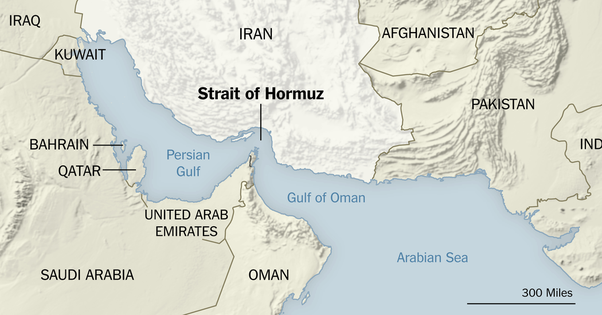900 319 0030
enquiry@shankarias.in
What is the issue?
What is the context of the nuclear deal?
What are the implications of a U.S. walkout?
How does the future look?

Source: The Hindu